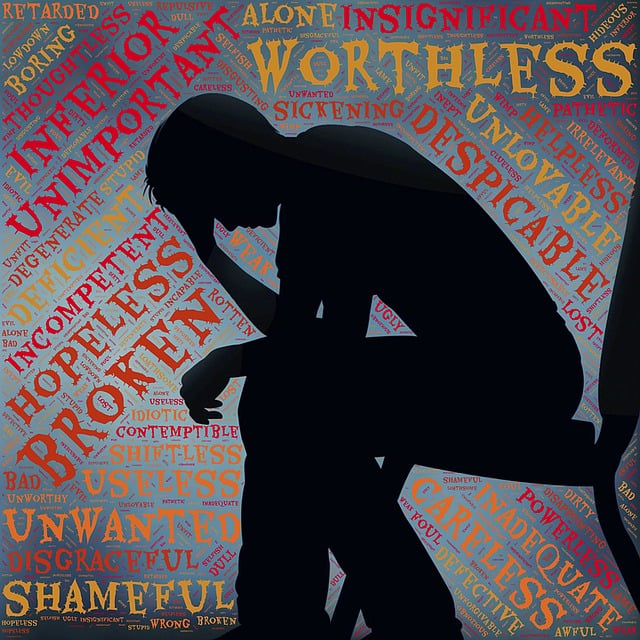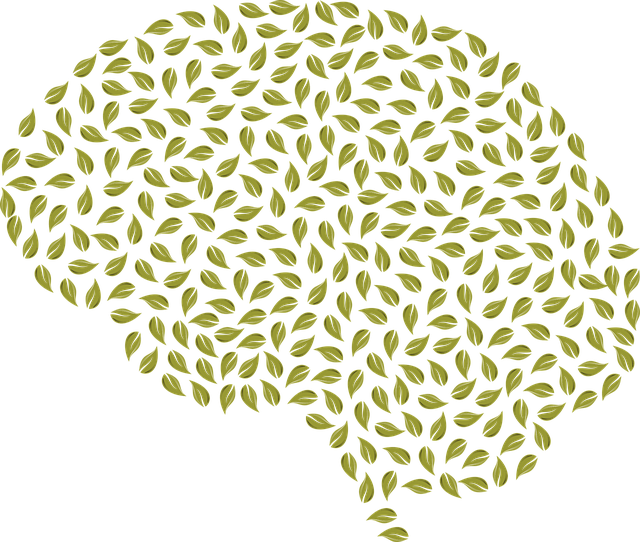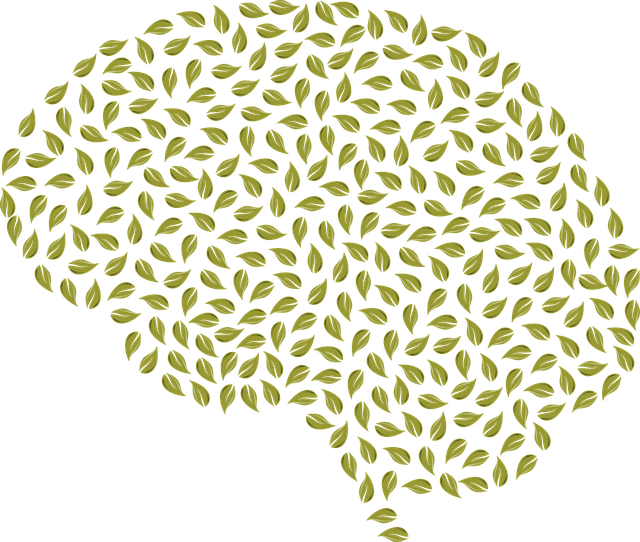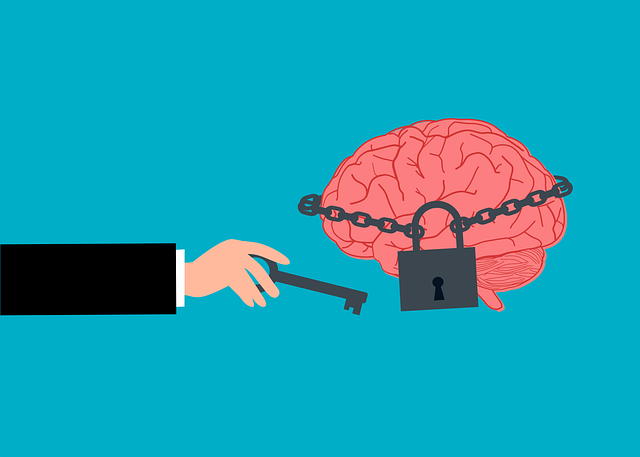Westminster Sexual Abuse Survivor Therapy emphasizes holistic self-care as a crucial aspect of healing. Survivors are encouraged to engage in activities like therapy, support groups, meditation, and setting boundaries to reduce stress and prevent burnout. Cultural competency training in healthcare is advocated for to ensure tailored care. Building a self-care routine involves daily mindfulness practices, physical activity, and soothing bedtime rituals. Specialized programs offer CBT, EMDR, support groups, and counseling for co-occurring conditions, fostering connection and improved mental health awareness among survivors.
Self-care is an essential practice for healing and growth, especially for survivors of sexual abuse. In this article, we explore the profound impact of self-care on emotional wellbeing, offering a comprehensive guide tailored to Westminster sexual abuse survivors. From understanding the core principles of self-care to identifying personal needs, building sustainable routines, and navigating professional support through therapy options, these strategies empower individuals to reclaim their lives and foster resilience.
- Understanding Self-Care: A Necessity for Healing and Growth, Especially for Survivors of Sexual Abuse
- Identifying Personal Needs: A Journey into Self-Discovery for Emotional Wellbeing
- Building a Sustainable Routine: Practical Strategies for Integrating Self-Care into Daily Life
- Professional Support and Resources: Navigating Therapy Options Post-Abuse in the Westminster Context
Understanding Self-Care: A Necessity for Healing and Growth, Especially for Survivors of Sexual Abuse

Self-care is an essential aspect of healing and personal growth, especially for survivors of sexual abuse. Understanding and prioritizing self-care practices can significantly aid in the recovery process and help individuals rebuild their lives after traumatic experiences. Westminster Sexual Abuse Survivor Therapy emphasizes that taking care of oneself goes beyond basic needs; it’s about nurturing one’s mind, body, and spirit to foster resilience and overall well-being.
For survivors, self-care may involve creating safe spaces, setting boundaries, and engaging in activities that promote relaxation and stress reduction. This could include practices like therapy sessions, support groups, meditation, or simply taking time for hobbies and pleasure. Trauma Support Services often highlight the importance of cultural competency training for healthcare providers, ensuring survivors receive sensitive and tailored care. By incorporating self-care into their routines, individuals can prevent burnout, a common challenge faced by those who have endured trauma, and promote their long-term healing journey.
Identifying Personal Needs: A Journey into Self-Discovery for Emotional Wellbeing

Identifying personal needs is a profound journey into self-discovery, especially for those who have experienced trauma, such as survivors of sexual abuse. This process involves delving into one’s emotions and understanding what brings about feelings of comfort, peace, and healing. It’s akin to navigating a labyrinthine path, where every turn reveals a new aspect of oneself. Many survivors find that engaging in mental wellness journaling exercises can be an effective way to explore these depths, providing a safe space to express and process emotions freely.
By documenting their experiences and feelings, survivors can gain valuable insights into their emotional triggers and needs. This self-awareness becomes a powerful tool in building resilience and fostering better relationships with oneself and others. Additionally, seeking guidance from mental health professionals with cultural competency training can offer tailored support and help individuals uncover unique aspects of self-care that resonate with their personal histories and identities. This holistic approach to care ensures survivors feel empowered, encouraging them to embrace activities that boost confidence and promote emotional wellbeing, such as engaging in creative outlets or practicing mindfulness exercises.
Building a Sustainable Routine: Practical Strategies for Integrating Self-Care into Daily Life

Building a sustainable self-care routine is essential for overall well-being, especially for individuals who have experienced trauma, such as sexual abuse survivors. A structured daily practice can help to manage and reduce symptoms of anxiety and promote healing. The key lies in making it an integral part of your life rather than a temporary fix.
Practical strategies include setting aside dedicated time each day for activities that nurture both mind and body. This could be as simple as incorporating mindfulness exercises like meditation or deep breathing into your morning routine. Regular physical activity, whether it’s a brisk walk or a yoga session, can significantly reduce stress levels. Additionally, creating a soothing bedtime ritual to signal to your body that it’s time to wind down will enhance sleep quality—a vital component of self-care. For sexual abuse survivors specifically, engaging in therapy offered through community outreach programs, such as those at Westminster Sexual Abuse Survivor Therapy, can provide specialized support and enable individuals to develop coping mechanisms tailored to their unique needs. Combining these practices with social skills training can further foster a sense of connection and community, contributing to improved mental health and overall resilience.
Professional Support and Resources: Navigating Therapy Options Post-Abuse in the Westminster Context

Many survivors of sexual abuse in Westminster seek professional support to navigate their therapeutic journey. Understanding the options available is crucial for a successful recovery. Therapy can play a pivotal role in helping individuals process trauma, manage mood, and enhance overall mental health awareness.
In the context of Westminster Sexual Abuse Survivor Therapy, various approaches exist. Cognitive Behavioral Therapy (CBT) is commonly used to address co-occurring mental illnesses and reduce the stigma associated with seeking help. Other modalities, such as Eye Movement Desensitization and Reprocessing (EMDR), offer innovative ways to process traumatic memories. Support groups and individual counseling are also valuable resources, providing safe spaces for sharing experiences and fostering a sense of community among survivors.
For Westminster sexual abuse survivors, prioritizing self-care is a powerful tool for healing and personal growth. By understanding their unique needs through self-discovery, they can build sustainable routines that incorporate therapeutic practices. Navigating professional support options specifically tailored to Westminster’s context provides accessible resources for emotional well-being. This comprehensive approach empowers individuals to take charge of their recovery journey, ensuring they have the tools to thrive after trauma.














